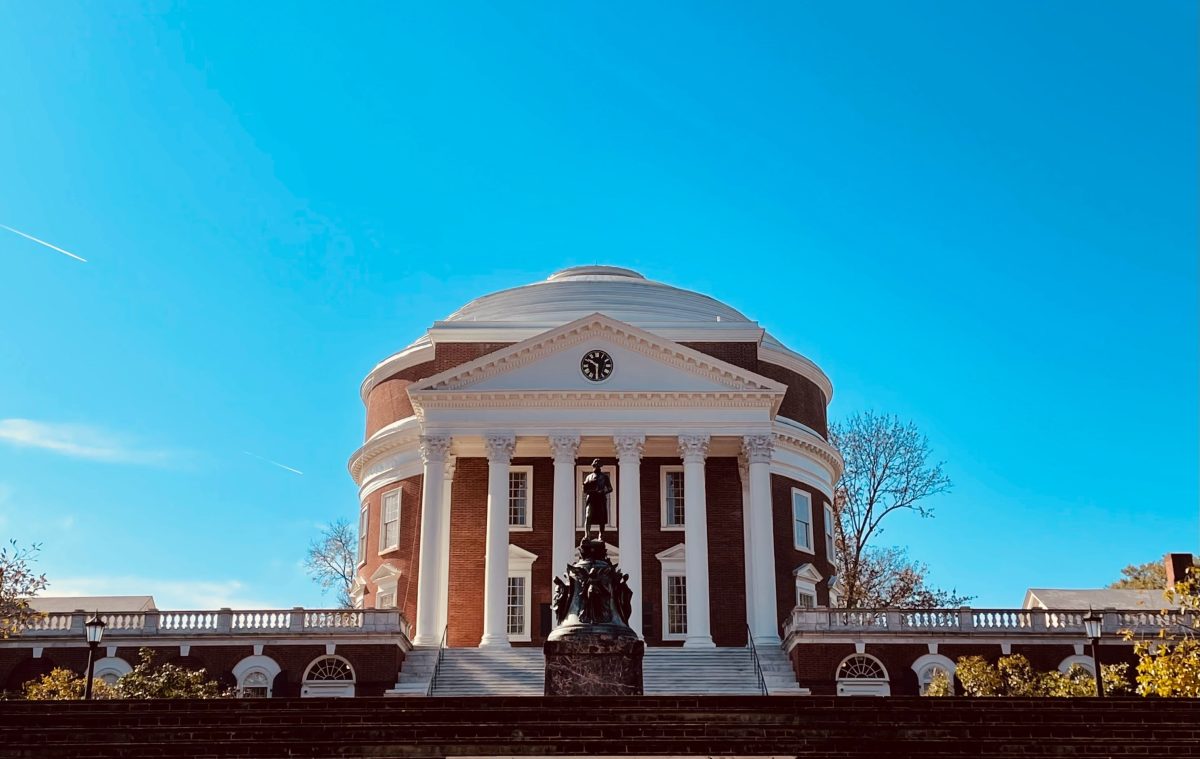On the evening of July 17, 2020, one of two things happened on a blocked thoroughfare in Charlottesville, Virginia. Either Morgan Bettinger, a rising senior at UVA, uttered a threatening and contemptible remark to Black Lives Matter protestors who were barring her way home. Or the young woman made an anodyne comment that was immediately—and perhaps intentionally—misunderstood. A new lawsuit filed by Bettinger asks a jury to find that the University of Virginia, in responding to the incident, violated her rights.
The Bettinger affair—since covered by the New York Post, Reason, The Daily Mail (UK), and numerous other outlets—turns on a single disputed fact. Approaching a group of BLM activists crowding the road on the night in question, the UVA senior pulled over, left her vehicle, and spoke to a municipal worker who had positioned his truck as a protective barricade. As Bettinger tells the story, she remarked jokingly to the city employee, “It’s a good thing you’re here, because otherwise these people would have been speed bumps.” What was heard (or “heard”) by an eavesdropping protestor, however, was something altogether more damning: The assembled activists would make “good speed bumps” for Bettinger’s car.
What happened next will surprise no one who is familiar with the increasing illiberality of America’s universities. Caught in a social-media firestorm (the accusation against Bettinger soon went viral), the University of Virginia issued multiple statements that appeared to take the side of Bettinger’s accuser. UVA also hauled Bettinger before the student-run University Judiciary Committee, which found her guilty of “threatening” the protestors, many of whom were fellow UVA students. Despite a later reprieve, in which the university’s civil-rights office concluded separately that the evidence against Bettinger was insufficient, the university failed to publicize her formal acquittal widely. The result, according to Bettinger’s complaint, is that her “character and reputation have been utterly destroyed.”
To read Bettinger’s complaint is to come face-to-face with the human cost of guilty-until-proven-innocent “justice.”To read that complaint now is to come face-to-face with the human cost of the guilty-until-proven-innocent “justice” now common on American campuses. According to Bettinger, the University of Virginia “join[ed] in, augment[ed], amplif[ied], and then [took] the lead in” her persecution at the hands of a vindictive mob. Despite the total absence of evidence corroborating her accuser’s claims, UVA mobilized a “vast and potent university apparatus” against Bettinger, placing her “in daily fear of physical violence” at the hands of classmates who had no reason not to believe the worst. Furthermore, because of the Internet’s endless capacity to remember, Bettinger’s “chances to attend graduate school, such as law school, have been substantially reduced, if not eliminated entirely.”
Filed in late July, Bettinger’s complaint is notable in its targets. In addition to the university itself, the young woman is suing a number of UVA individuals, among them President James E. Ryan and Then-Dean of Students Allen W. Groves. Bettinger’s allegation is that both Ryan and Groves owed her a duty of care but instead willfully violated her First Amendment rights, despite knowing that the evidence against her was nonexistent.
As the Martin Center’s George Leef has (rightly) complained, university officials who are sued in the course of their duties typically hide behind “qualified immunity,” a legal doctrine that “says that public officials are presumptively immune from personal liability when they act in ways that violate the rights of others.” Ryan and Groves are highly likely to seek exactly this refuge.
Nevertheless, qualified immunity is not total. As Leef clarifies, public officials are not immune if “the law was so clear that they must have known that what they were doing was illegal.”
Will a judge or jury reach such a conclusion in Bettinger v. UVA? Probably not. But the case bears serious attention.
Graham Hillard is the editor of the James G. Martin Center for Academic Renewal.

